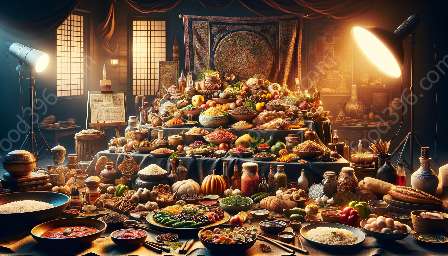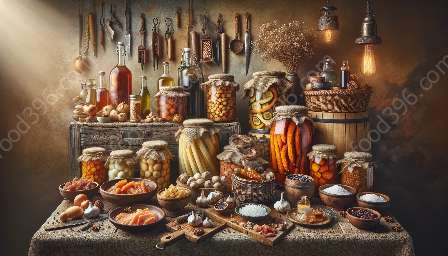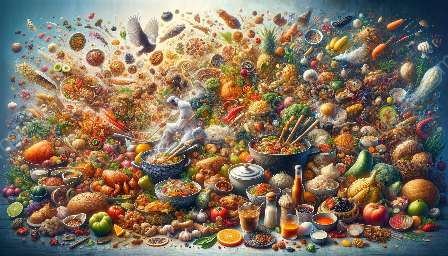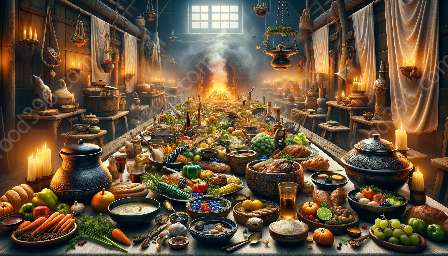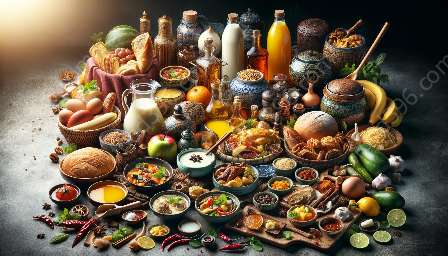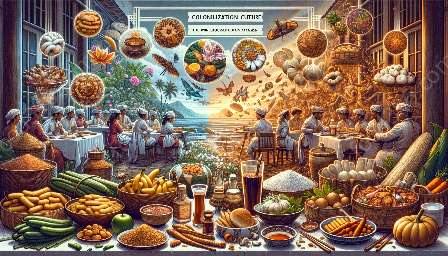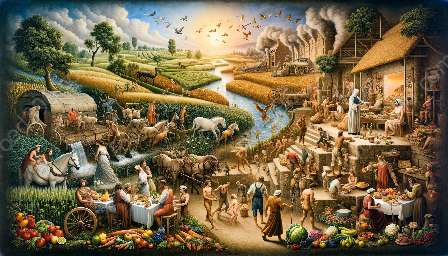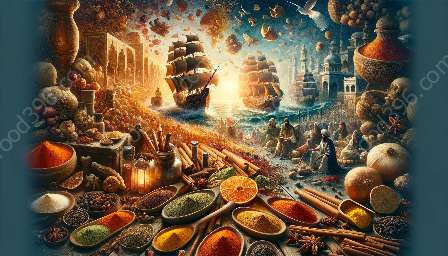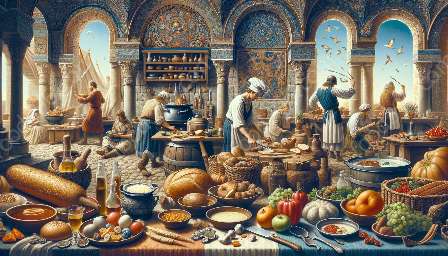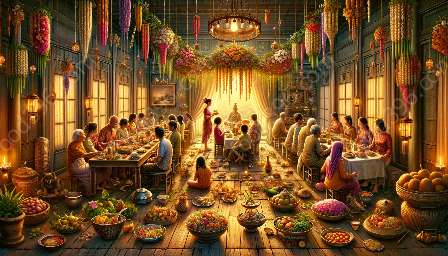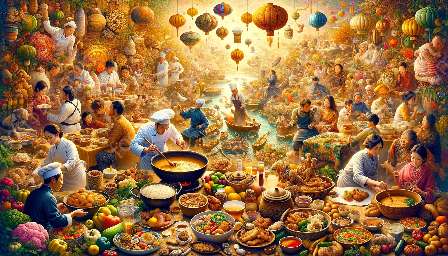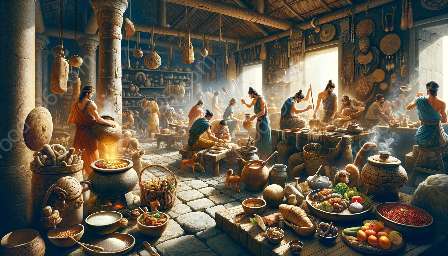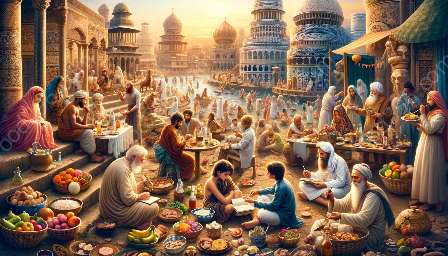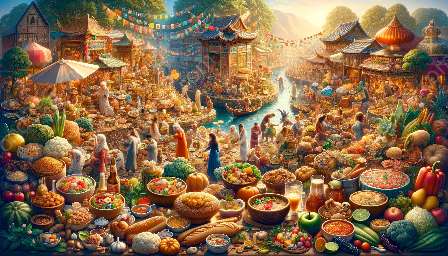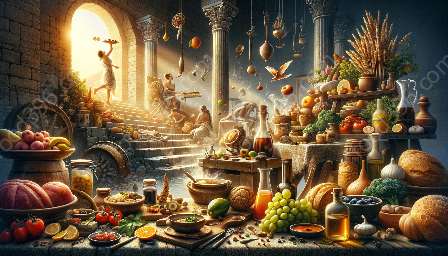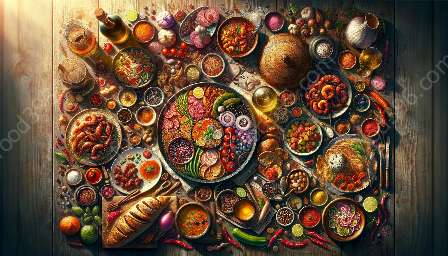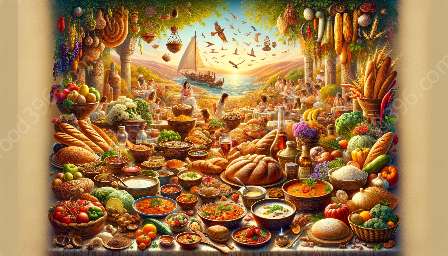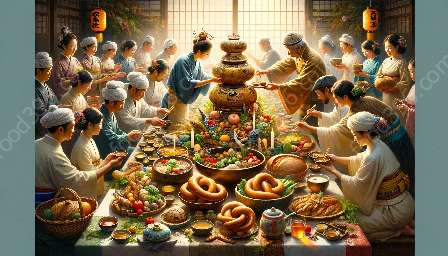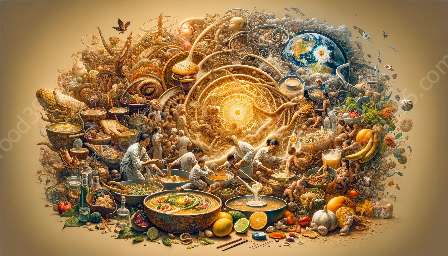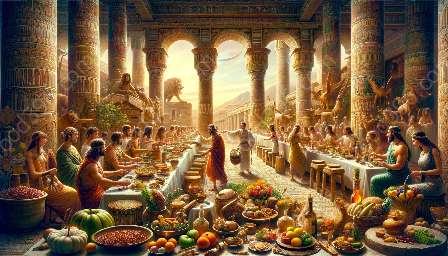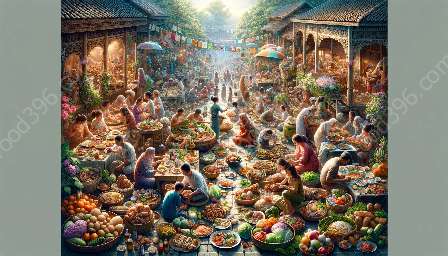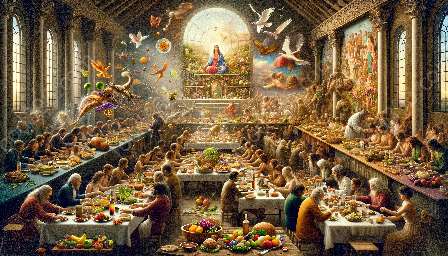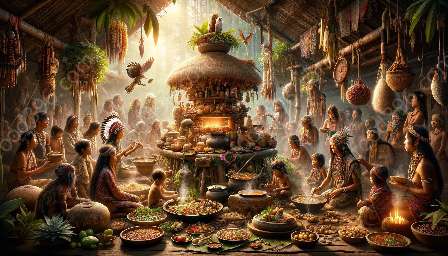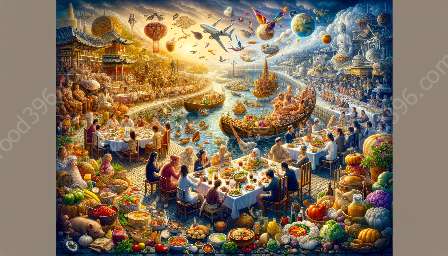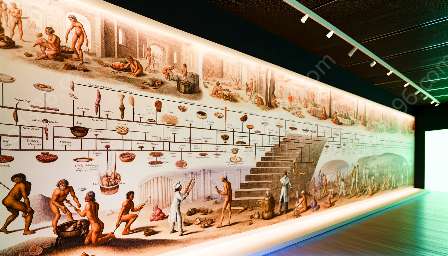Discover the rich and diverse food cultures of ancient civilizations, from the sumptuous feasts of the Roman Empire to the culinary innovations of ancient China and beyond. Dive into the historical significance of food and drink in human civilization and explore the intricate culinary traditions that have shaped our world.
The Role of Food in Ancient Civilizations
Ancient Egypt: In ancient Egypt, food held tremendous cultural and religious significance. The Nile River played a vital role in providing fertile land for agricultural practices, and the ancient Egyptians revered many foods as symbols of life and rebirth. Staples of their diet included bread, beer, and vegetables like onions and garlic.
Ancient Greece: In ancient Greece, food was an integral part of social gatherings and religious ceremonies. The Greeks held lavish banquets and feasts, often accompanied by musical performances and poetry recitals. The Mediterranean diet, rich in olive oil, grains, and fresh fruits, was central to their culinary traditions.
Roman Empire: The Romans were known for their indulgent feasting culture, with elaborate meals featuring a vast array of dishes and exotic ingredients. They also built extensive trade networks to acquire spices, fruits, and other luxury food items from across their vast empire.
Culinary Innovations in Ancient China and Beyond
Ancient China: Chinese cuisine has a long and illustrious history, with culinary traditions dating back thousands of years. The Chinese placed great emphasis on balancing flavors, textures, and colors in their dishes, and their sophisticated culinary techniques and philosophies continue to influence modern gastronomy.
Indus Valley Civilization: The ancient Indus Valley civilization, which flourished in present-day India and Pakistan, had a diverse and vibrant food culture. They cultivated a wide variety of grains, fruits, and vegetables and are believed to have used sophisticated cooking methods such as baking and fermenting.
Mesoamerica: The ancient civilizations of Mesoamerica, including the Maya and Aztecs, developed intricate food cultures centered around maize, beans, and squash. Chocolate, made from cacao beans, was also highly prized and played a significant role in their religious and ceremonial practices.
Historical Significance of Food and Drink
Trade and Exchange: Food and drink were at the heart of ancient trade and exchange, shaping cultural interactions and influencing the spread of culinary traditions. The Silk Road, for example, facilitated the exchange of spices, fruits, and culinary techniques between East and West.
Religious and Ceremonial Practices: Many ancient cultures incorporated food and drink into religious rituals and ceremonies, using them as offerings to deities or as symbolic elements with deep spiritual meanings. Feasts and banquets were also common forms of communal celebration and social bonding.
Culinary Techniques and Innovations: Ancient food cultures gave rise to a multitude of culinary techniques and innovations, from the development of fermentation processes to the invention of complex cooking utensils and equipment. These advancements have had a lasting impact on the evolution of food and drink throughout history.
Exploring Ancient Food Cultures Today
While many of the ancient food cultures have evolved and transformed over the centuries, their legacies continue to shape our modern culinary landscape. By exploring the culinary traditions and historical significance of ancient food cultures, we gain a deeper understanding of our shared human heritage and the enduring power of food and drink in shaping societies and cultures.

